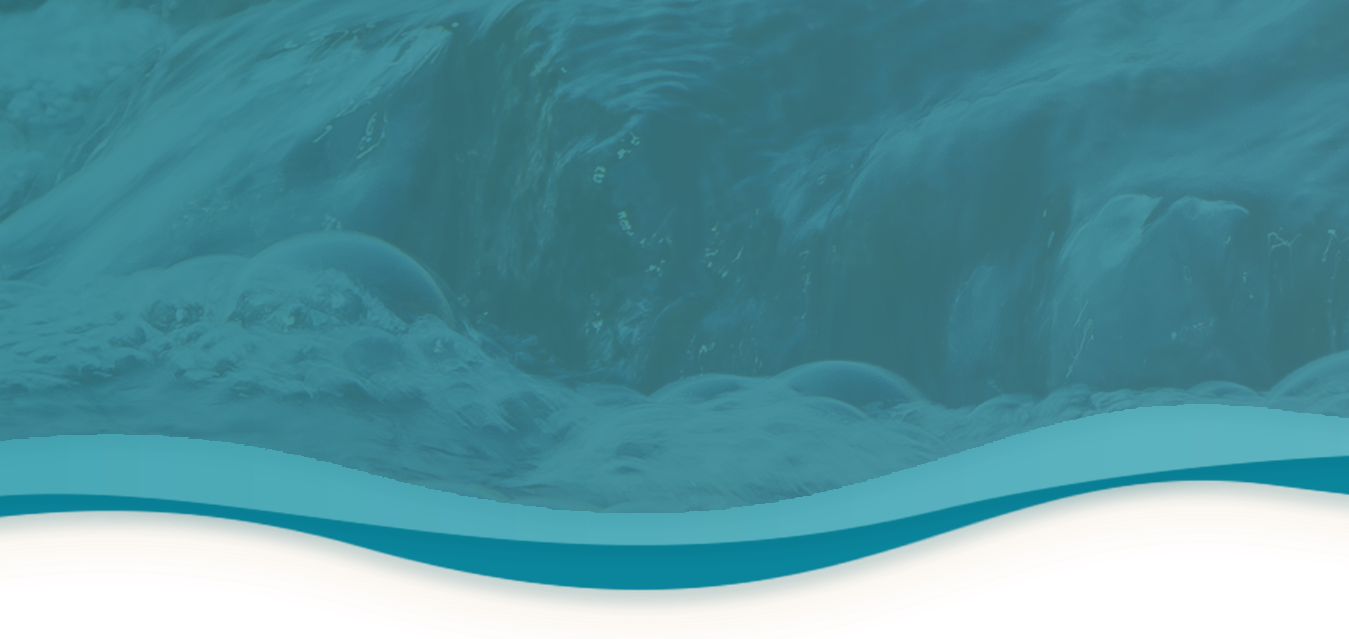

Expanded Polystyrene (EPS) is a plastic made from little white Styrene balls that are heated and pumped with gas. This process makes the plastic balls expand and fill with air, becoming lighter and joining together to form the white foam we know and see. It’s advantages of being lightweight, easy to form, thermally insulating and inexpensive to produce have led to its increase in popularity. You will often see if be used for food and electronics packaging, airplane and automotive parts, and sporting equipment (among other applications).
However, being both a light weight and brittle material, means that the ecological impacts of polystyrene can unfold gradually over time, be widespread and devastating for the River and Port Phillip Bay. In fact, EPS is commonly reported as one of the top items of debris recovered from riverbanks, shorelines and beaches.
While EPS is reported to be 100% recyclable (EPSA, 2014b), it is estimated that most of EPS will end up in landfill. This can largely be attributed to polystyrene being excluded as an acceptable form of recyclable material in residential kerbside collections, as well as the lack of a consistent EPS recycling collection and drop off services.